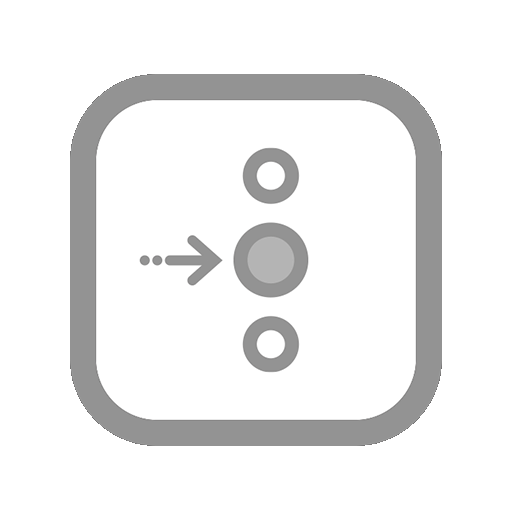Information

| Rhythm | regular |
| Rate | 100 to 160 beats/minute |
| P wave | normal |
| PR interval | 0.12 to 0.20 second |
| QRS complex | 0.06 to 0.10 second |
Treatment 
- No treatment is needed if the patient is asymptomatic; the focus should be on determining the cause of the tachycardia.
- If the patient has cardiac ischemia, treatment may include drugs to slow his heart rate, such as beta-adrenergic blockers (metoprolol or atenolol) or calcium channel blockers (verapamil or diltiazem).
- Ask the patient about his use of tachycardia-triggering drugs and substances, and recommend that he abstain from alcohol, caffeine, and nicotine.
- Notify the doctor promptly if sinus tachycardia arises suddenly after an MI; it may signal an extension of the infarct.
- Provide a calm environment, and help the patient with relaxation techniques.
- Take steps to reduce the patient's fear and anxiety.
[Outline]

